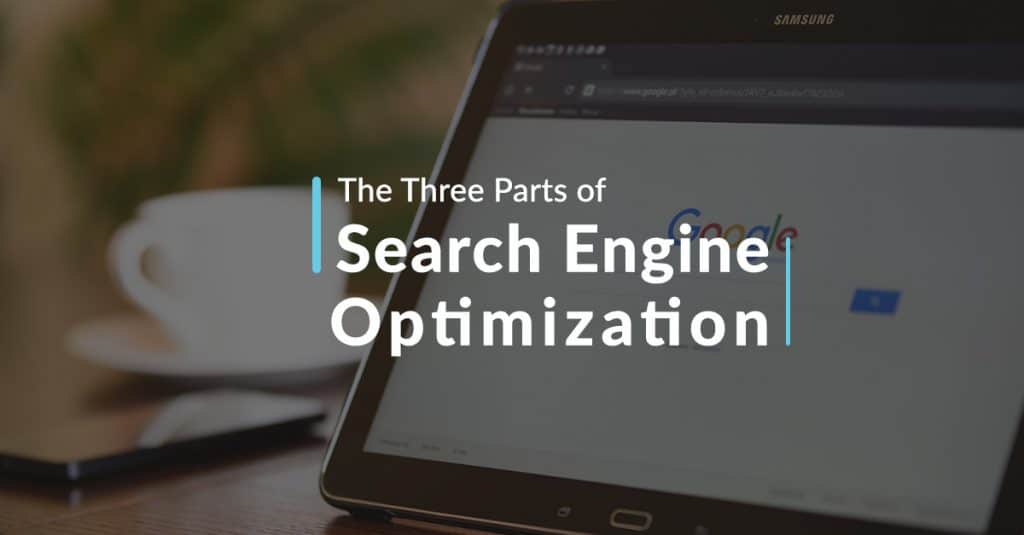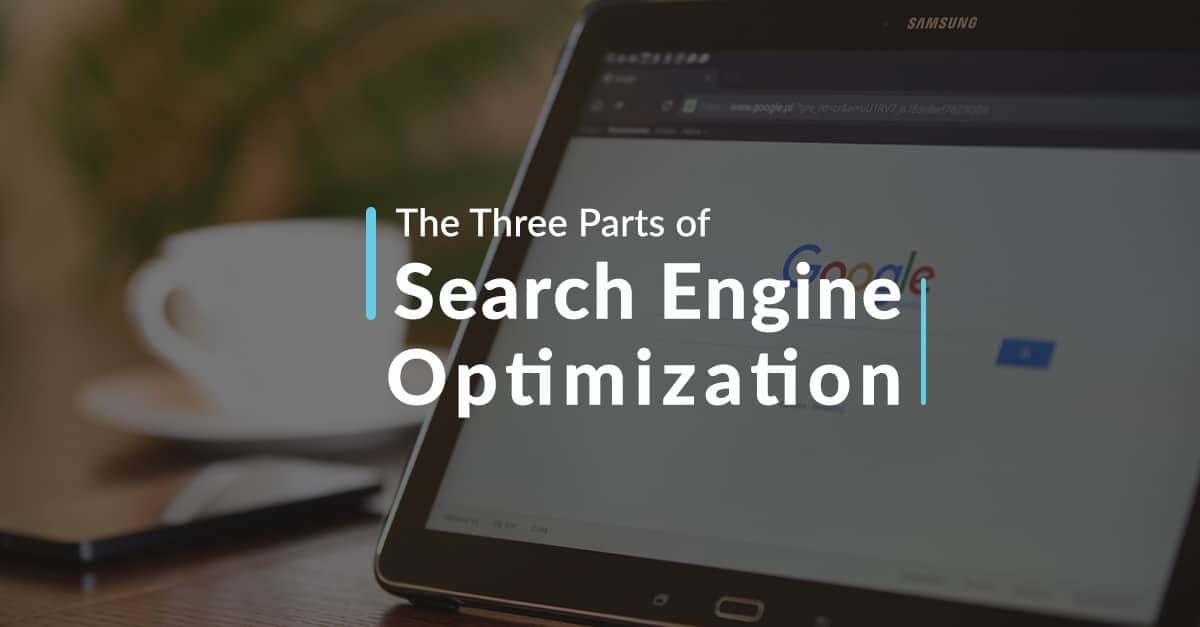
Everyone wants their website to appear at the top of the search engine results page, but if you’re new to SEO figuring out where to start can be perplexing. When it comes to thinking about SEO, I find it helpful to start by breaking the project down into three distinct areas, each which require a unique skill set: IT, technical SEO, and content. Content is by far the most important of these areas, but you should pay attention to the other two as well to ensure the best ROI on your investment.
IT
When was the last time you got frustrated by a website that seemed to take forever to load? How quick pages in your website load matters to your visitors, and therefore Google factors in a website’s “load speed” when selecting where your website ranks on the search engine results page.
The IT side of SEO focuses on hardware and server configuration to speed up website performance. For small businesses and individuals, you’re going to find you don’t have much control over server configuration on a shared host; so selecting a good shared host is the best thing you can do to ensure you’re covered on the IT side. I tend to recommend GoDaddy or Bluehost for shared hosting.
Technical SEO
Technical SEO often refers to the use of HTML tags and attributes to help Google and Bing understand the structure of your webpage. If you’ve spent any time researching SEO, you’ve certainly heard about heading tags (H1, H2, etc.), metadata, keyword density, and so on. While important, any SEO proposal that focuses exclusively on this side of SEO should be viewed with skepticism.
Image and video compression are another important aspect of technical SEO. As discussed earlier, ensuring your webpage quickly loads is essential; and no matter how fantastic the IT backing your website is, if your images aren’t properly compressed, you’ll be killing your page load speeds.
Some argue that more advanced technical SEO involves the minification and concatenation of JavaScript and stylesheet files. As a web developer who also does SEO, I think HTTP/2 has rendered this practice obsolete (you can read more about HTTP/2 and SEO here).
Content
Having great content on your website is the single most important thing you can do to ensure your website secures one of the top three spots on the search engine results page. I frequently explain SEO this way:
Google matches people who have questions to the people who have the best answers.
So how do you demonstrate to Google that your website contains the best answers? First, you start by anticipating questions your customers or audience will have; then you write content that answers those questions or adds value for them. Of course, there’s more to it than that. To get started, I recommend checking out this great post from Search Engine Journal, then follow the Content tag on my blog for all of my advice on writing content that improves your SEO.
Your Action Plan
If you don’t have your website set-up yet, I recommend skipping the economy host providers (anyone offering hosting for less than $2/month), taking time to understand technical SEO, then putting the majority of your time into understanding your audience and what they’ll be looking for online. If it all seems overwhelming, still, drop me a line, and I can help you get started.
Did you find this post useful? If so, please share it!
[DISPLAY_ULTIMATE_PLUS]

